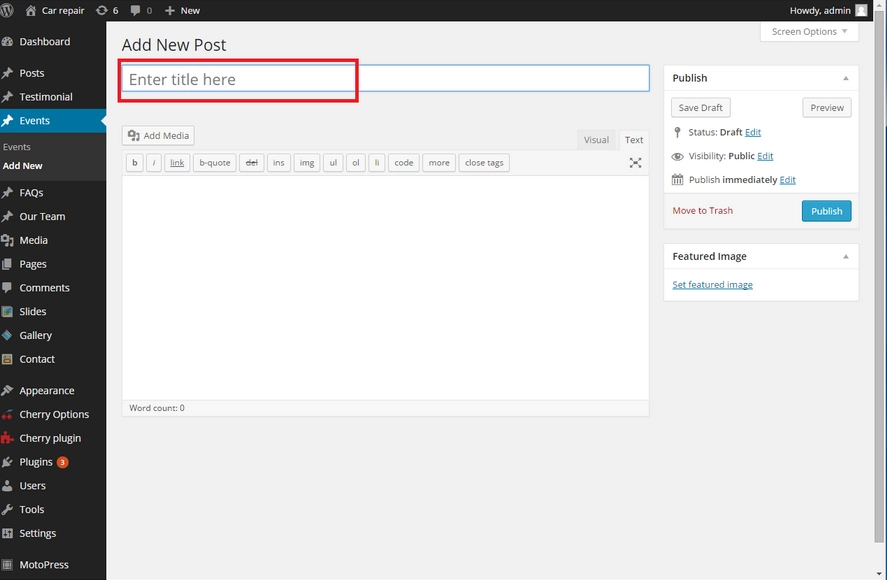Table of Contents
Introduction:
The field of cybersecurity is rapidly evolving, and the role of a cyber threat analyst is changing. In this era of increasing digital threats, understanding the intricacies of cyber threats and how to combat them is more important than ever. This article will guide aspiring cyber threat analysts through selecting the right cybersecurity certifications to enhance their careers and meet the demands of cyber threat analyst jobs.
What is a Cyber Threat Analyst, and What Do They Do?
A cyber threat analyst is crucial in safeguarding an organization’s information systems. They are the sentinels who monitor, analyze, and respond to cyber threats, ensuring that data remains secure and uncompromised. Their day-to-day tasks involve assessing security systems, identifying vulnerabilities, and developing strategies to prevent cyber attacks. As cyber threat intelligence analysts, they also stay ahead of potential threats by analyzing trends and patterns in cybercrime.
Why Are Cybersecurity Certifications Valuable for This Career Path?
Cybersecurity certifications are more than just accolades; they are a testament to one’s dedication and expertise. These certifications are essential stepping stones for aspiring cyber threat analysts, equipping them with the necessary knowledge and skills. They also serve as a benchmark for employers, ensuring that candidates have met a standardized level of expertise in cybersecurity.
Foundational Certifications:
- CompTIA Security+: This certification lays the groundwork for a career in cybersecurity. It covers a broad range of topics, including network security, threats and vulnerabilities, and identity management. It’s ideal for those starting in the field, paving the way for more advanced cyber threat analyst Certifications.
- GIAC Security Essentials (GSEC): GSEC takes a more focused approach than Security+, honing in on practical security skills and concepts. It’s a valuable certification for those looking to deepen their understanding of cybersecurity fundamentals.
- (Optional) Other Vendor-Neutral Foundational Certifications: Newcomers can consider several other certifications, like the Certified Information Systems Security Professional (CISSP) and the Cisco Certified CyberOps Associate.
Intermediate Certifications:
- CompTIA CySA+: This certification is tailored for those looking to specialize in cybersecurity analysis. It emphasizes real-world applications of security analysis and is an excellent stepping stone for cyber threat analyst jobs.
- SSCP (Systems Security Certified Practitioner): Offered by (ISC)², this certification focuses on implementing, monitoring, and administering IT infrastructure in accordance with cybersecurity policies and procedures.
- GIAC Certifications: For those aspiring to be cyber threat intelligence analysts, GIAC offers specialized tracks like GCIA (Certified Intrusion Analyst), which are directly relevant to threat analysis.
Advanced Certifications:
- CISSP (Certified Information Systems Security Professional): Although it covers a broad range of security topics, CISSP is highly valued in senior cyber threat analyst positions for its emphasis on security management and operations.
- SASE (Secure Access Service Edge) Professional Certifications: With the rise of cloud computing, SASE certifications are becoming increasingly relevant. They focus on new cloud-based threat analysis methods essential for modern cyber threat intelligence analysts.
- Other Advanced Options: Depending on one’s specialization, numerous niche certifications exist to explore, such as the Certified Ethical Hacker (CEH) or the Certified Cloud Security Professional (CCSP).

Choosing the Right Certification:
When selecting a cybersecurity certification, it’s essential to consider your current experience level and future career goals. Each certification has its prerequisites and focus areas, so understanding these will help you make an informed decision. Additionally, consider factors like cost, available training resources, and the reputation of the certifying vendor. This careful consideration ensures that your chosen certification aligns perfectly with your aspirations to become a proficient cyber threat analyst.
Beyond Certifications:
While certifications are crucial, they are just one part of the puzzle. Technical skills like network and malware analysis are fundamental to the role of a cyber threat analyst. Equally important are soft skills such as effective communication, critical thinking, and problem-solving. Building a robust cybersecurity portfolio through relevant projects and practical experience can significantly enhance your employability in cyber threat analyst jobs.
Importance of Technical Skills (e.g., Network Analysis, Malware Analysis)
Technical skills are the bedrock of a cyber threat analyst’s expertise. Proficiency in network analysis is crucial, as it involves monitoring and analyzing network traffic to detect suspicious activities. Equally important is malware analysis, which helps in understanding and mitigating malicious software threats. These technical competencies are not just desirable but essential for anyone aiming to excel in cyber threat analyst jobs.
Understanding the nuances of cybersecurity technologies, tools, and practices sets apart a proficient cyber threat analyst. Keeping up-to-date with the latest cybersecurity trends and technologies is also a must. This continual learning process ensures that analysts are well-equipped to identify and respond to the evolving landscape of cyber threats.
Soft Skills Like Communication, Critical Thinking, and Problem-Solving
While technical acumen is vital, soft skills play an equally important role in the career of a cyber threat intelligence analyst. Effective communication is key, as analysts often need to explain complex security concepts to non-technical stakeholders. Critical thinking enables analysts to evaluate and interpret data to make informed decisions. Problem-solving skills are indispensable in swiftly addressing and mitigating cyber incidents, a core aspect of cyber threat analyst roles.
Collaboration is another crucial soft skill, as cyber threat analysts frequently work with various teams and departments. The ability to work well in a team, coupled with strong leadership skills, can significantly impact an analyst’s effectiveness and career progression.
Building a Strong Cybersecurity Portfolio with Relevant Projects
Creating a robust cybersecurity portfolio is a significant step for those aspiring for cyber threat analyst certifications. This portfolio should showcase various projects demonstrating your technical and analytical skills. Practical experiences like participating in cybersecurity competitions, contributing to open-source security projects, or interning in cybersecurity roles add immense value.
Your portfolio is a testament to your hands-on experience and practical skills in the field of cybersecurity. It’s a powerful tool for standing out in cyber threat analyst job interviews and discussions. Include detailed descriptions of your roles, challenges, and solutions implemented in these projects to highlight your abilities effectively.
Conclusion:
The path to becoming a successful cyber threat analyst is multifaceted. Certifications are vital in acquiring the necessary knowledge and skills, but they should be complemented by hands-on experience and continuous learning. The cybersecurity landscape is ever-changing, and staying updated is crucial. For more insights and guidance on pursuing a career in cybersecurity, consider subscribing to our blog at Jointhegrave.com. Let this be your first step towards a rewarding career as a cyber threat analyst.












Leave a Reply